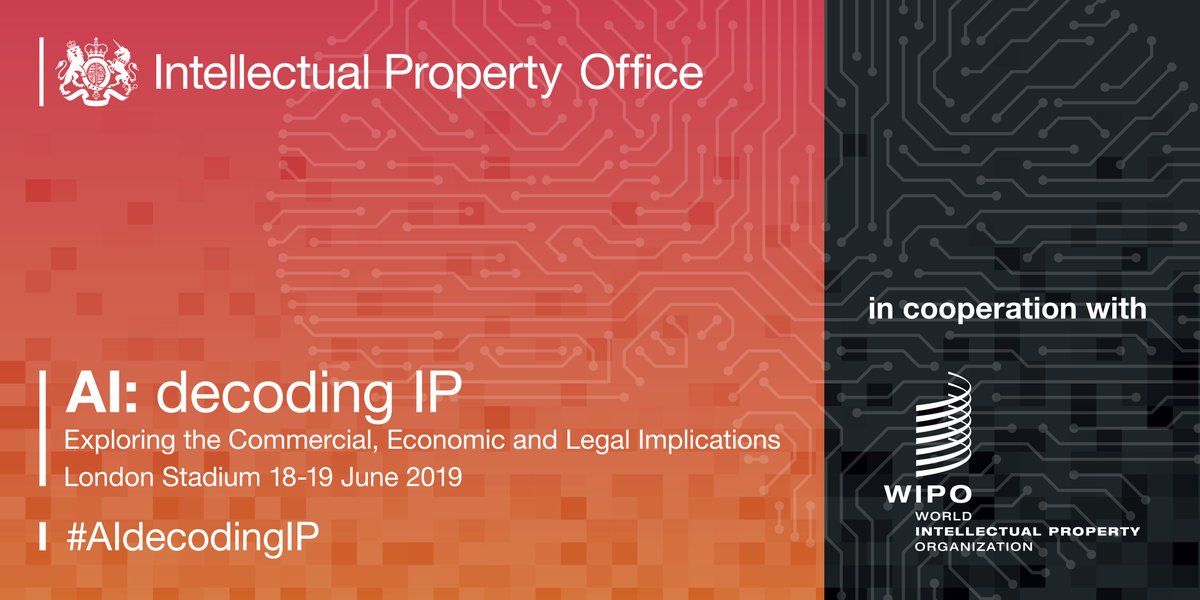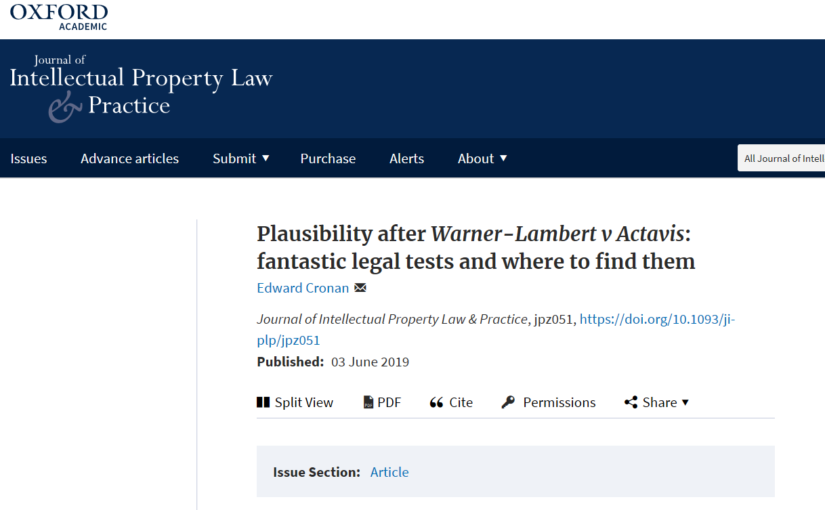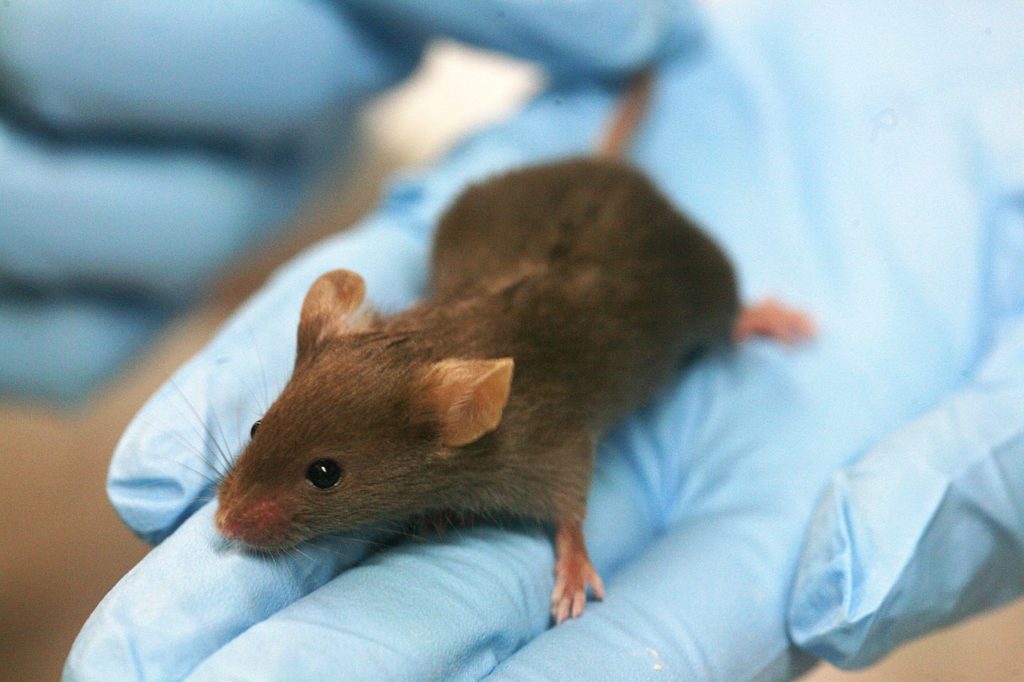It’s time again for a roundup of some recent decisions in the Patents Court, with the added bonus of one or two decisions from the Court of Appeal. Today we have refrigerators, HIV medication, heart valves and beer:
- Mexichem UK Ltd v Honeywell International Inc [2020] EWCA Civ 473 (01 April 2020) on breadth of declarations.
- Genentech Inc. v The Comptroller General of Patents [2020] EWCA Civ 475 (31 March 2020) on the scheme for payment of SPC fees.
- Master Data Center, Inc v The Comptroller General Of Patents (Costs) [2020] EWHC 601 (Ch) (11 March 2020) on costs capping orders in appeals from costs constrained jurisdictions.







